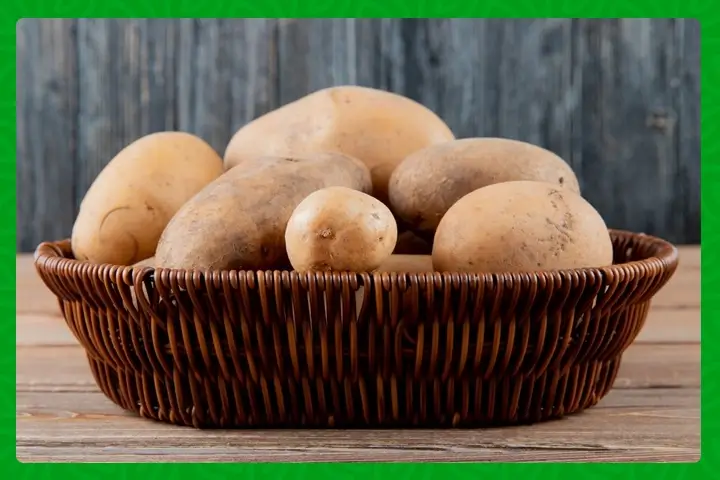
South Africa is setting its sights on a promising new opportunity: exporting potatoes to Russia. With a surplus of nearly 500,000 tonnes of potatoes each year and a growing demand in Russia, the timing could not be better for South African farmers to expand their global reach.
A New Trade Partnership in the Making
Talks between South African and Russian authorities began on February 3, 2024, according to Russia’s Federal Service for Veterinary and Phytosanitary Surveillance (Rosselkhoznadzor). While South Africa already exports potatoes to several African countries, entering the Russian market could mark a significant milestone for the industry.
Russia’s potato imports totaled $128.6 million in 2023, with 76% of these imports intended for direct consumption. However, the country has faced a potato production decline of 11% this year due to adverse weather conditions and reduced planting areas. To compensate for this shortfall, the Eurasian Economic Commission has approved duty-free imports of up to 150,000 tonnes of potatoes until July 31, 2024—an opportunity South African producers are eager to capitalize on.
South Africa’s Competitive Edge in Potato Exports
South Africa is the second-largest potato exporter in Africa, behind Egypt. The country produces approximately 2.5 million tonnes of potatoes annually, ensuring a stable year-round supply. Over the years, South Africa has invested heavily in commercial farming, irrigation systems, and a strong seed potato industry, guaranteeing high-quality exports that could appeal to Russian buyers.
Despite these advantages, breaking into the Russian market will not be straightforward. Egypt and Azerbaijan currently dominate potato exports to Russia, accounting for over 86% of imports in 2023. These countries have long-standing trade relationships, well-established supply chains, and pricing strategies that make them formidable competitors.
Challenges and Opportunities
To gain a foothold in the Russian market, South African exporters will need to focus on three key factors:
- Competitive Pricing – Russia has existing suppliers, so South Africa must offer potatoes at an attractive price while maintaining profitability.
- Quality Assurance – Russian importers prioritize high-quality, disease-free potatoes, making adherence to international standards essential.
- Strong Trade Relationships – Establishing trust with Russian importers and navigating regulatory approvals will be crucial to securing long-term contracts.
If South Africa can successfully address these challenges, the country could unlock a new and profitable export avenue.
The Road Ahead
While discussions are still in the early stages, South African potato producers remain optimistic. If an agreement is reached, it could pave the way for expanded trade opportunities, providing a reliable outlet for surplus production and strengthening South Africa’s position in the global potato market.
The next few months will be crucial as negotiations continue. Will South Africa carve out its share of Russia’s potato imports? The industry is watching closely, hopeful that this could be the beginning of a new era in South African agricultural exports.
Stay updated with the latest farming tips and agriculture industry news from Africa by subscribing to our newsletter. Don’t miss out on valuable insights and updates. Follow us on Twitter, LinkedIn, and Facebook to join our farming community and stay connected with us.


















